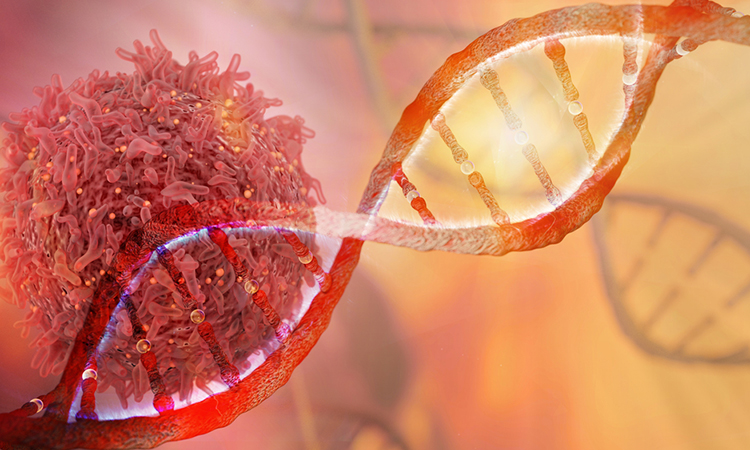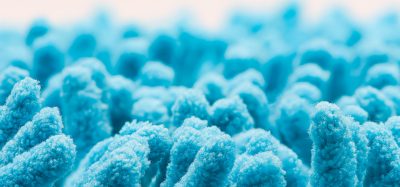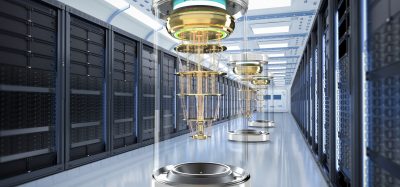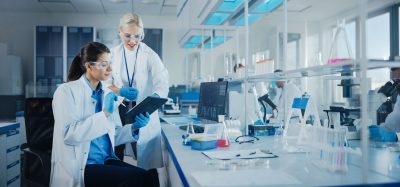What do cancer cells crave?
Posted: 7 February 2023 | Izzy Wood (Drug Target Review) | No comments yet
US researchers uncover the amino acid: arginine, that prompts genetic mutations in cancer cells.


Researchers from the Laboratory of Systems Cancer Biology at Rockefeller University, US, found that in a variety of human cancers, the amino acid: arginine becomes limited, prompting the cancer cells to seek a clever genetic workaround.
Arginine is an amino acid naturally produced by our bodies and plentiful in the fish, meat, and nuts that we eat. Yet, research in Science Advances revealed that is an essential nutrient for cancer cells too. When arginine levels drop, they manipulate proteins at their disposal to more efficiently take up arginine and other amino acids, and in a bid to keep growing, they induce mutations that reduce their reliance on it.
On a cellular level, arginine plays a role in a variety of processes, from nitrogen waste disposal to protein synthesis. It is also one the few amino acids that has been shown to regulate how immune cells react to cancer and other sorts of immunologic triggers.
The researchers uncovered the arginine-cancer connection as part of a larger study on codons: triplets of DNA bases that each contain the recipe for producing a single amino acid. By combing through the Cancer Genome Atlas, that the scientists documented thousands of instances of codon mutations.
The one that stood out amongst all cancers were arginine codons, which were lost during mutations far more than they should have been. Stomach and colorectal cancers showed the most dramatic deficiency.
The researchers do not know how the initial arginine drops came about. “We think that some cancers develop under low-arginine conditions and carry this history in their DNA,” said first author Dennis Hsu, now a physician-scientist at UPMC Hillman Cancer Centre.
Hsu and his team spent months in the lab growing cancer cells, and then starving them of arginine. As they put the cells through multiple rounds of cellular malnutrition, the cancer cells began mutating as they tried different ways to secure access to a renewed supply of the dietary essential.
One successful method was increasing the amount of amino acid transporter proteins so that the cells could more efficiently take up arginine and other amino acids. Meanwhile, the errors compounded as the cells replicated, resulting in changes to the genome such as mutated genes and misshaped proteins.
In another experiment, they found an increase in the number of mutations towards codons that produce amino acids that were more abundant in the environment of the cancer cells. These suddenly became more appetising to the cancer cells, which seemed to be trying to make do with what they had
Interestingly, this ability to coax codons into doing their bidding could potentially led to the cancer cells’ undoing. This is because in the process of trying to keep themselves alive while malnourished, the cells accumulate so many mutations that they may begin to look very strange to the immune system.
“You have a bunch of random, abnormal-looking proteins because of all the mutations, and those are more likely to be recognised by the immune system as something that should not belong there,“ Hsu explained.
The findings have potential implications for immunotherapy. “By starving a cancer cell, perhaps you can promote the gain of new mutations that can then be recognised by the immune system,” Hsu concluded. “We have not tested this, but it would be a really cool thing to try.”
Related conditions
Cancer
Related organisations
Laboratory of Systems Cancer Biology at Rockefeller University, UPMC Hillman Cancer Centre
Related people
Dennis Hsu








